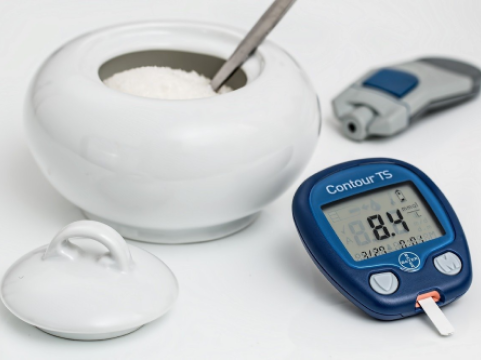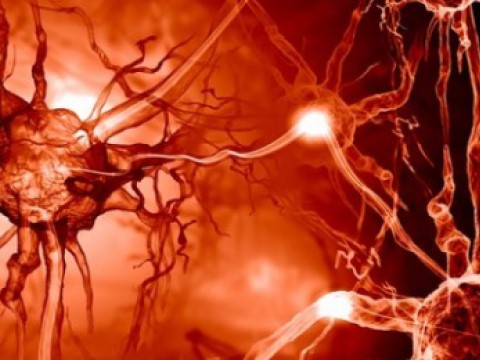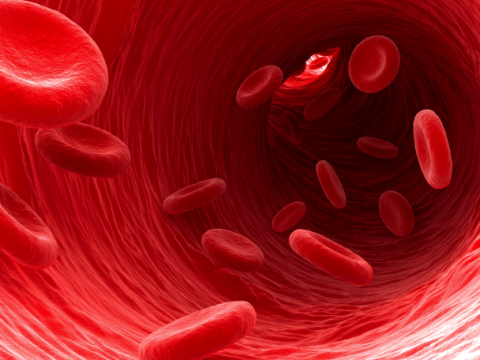7 Diseases That Can Be Known by Blood Check
Riri Nurdina Syam2022-07-18T06:18:43+00:00Blood tests are done by taking a blood sample through a finger or a blood vessel in a certain part of the body, such as the arm. Blood tests are generally carried out to detect disease, determine organ function, detect the presence of toxins and harmful substances, and examine overall health conditions. After the sample is taken, the blood is put into a special small vial to be tested in the laboratory.
The process of drawing blood generally only takes about 5 – 10 minutes or faster if the veins are easy to find. So, what diseases can be detected through blood tests? Check out the following explanation.
Diseases That Can Be Known Through Blood Checks
From the National Heart, Lung and Blood Institute, here are some types of diseases that can be detected through blood tests, namely:

1. Cardiovascular Disease
High cholesterol levels are often the main trigger of cardiovascular disease. Well, blood tests can be done to find out cholesterol levels in the body. If the test shows high cholesterol levels in the blood, it is a sign that a person is at high risk of developing diseases, such as heart disease and stroke.

2. Diabetes
Blood tests can also be done to assess blood glucose (glucose) levels. Just like a cholesterol test, a glucose test can be done in a health facility or at home with special equipment. If the blood test results show high glucose levels, it means that a person has a chance of developing diabetes.

3. Autoimmune Disease
The C-reactive protein (CRP) test is a type of blood test that is often done to detect the presence of autoimmune diseases. C-reactive protein is a substance produced by the liver. This type of protein test is done to determine the presence of inflammation such as lupus and rheumatoid arthritis.

4. Body Inflammation
Erythrocyte sedimentation test or also known as erythrocyte sedimentation rate is a blood test to determine the severity of inflammation in the body. This inflammation can be caused by an infection, tumor, or autoimmune disease. The faster the blood cells settle, the higher the level of inflammation that occurs. Through this test, doctors can diagnose diseases, such as arthritis, polymyalgia rheumatica, inflammation of the blood vessels (vasculitis), and Crohn’s disease.

5. Electrolyte Disturbance
Electrolytes, such as sodium, potassium and chloride are minerals found in the body. This mineral functions to maintain the balance of fluids in the body, so that the organs and tissues of the body can function properly. When levels are disturbed, a person is at risk for dehydration or more serious conditions such as diabetes, kidney failure, liver disease, and heart problems.

6. Blood Clotting Disease
Tes koagulasi adalah jenis tes darah untuk mendeteksi penyakit pembekuan darah, seperti von Willebrand dan hemofilia. Tes ini dilakukan untuk mengukur kecepatan darah menggumpal.

7. Lung Disease
Blood gas analysis is often performed to detect disturbances in the body’s acid-base balance, lung function and the response to oxygen therapy in the lungs. Through blood gas analysis, the doctor can evaluate the acidity (pH) of the blood and the levels of gases in the blood (such as oxygen and carbon dioxide).
Diseases that can be identified through pH imbalance are generally diseases that affect the lungs, such as pneumonia and chronic obstructive pulmonary disease. However, blood gas analysis is also often done to detect diabetes and kidney disorders.
If you are planning to do a blood test, you can do the examination through the Virtu Digilab application. You don’t need to leave the house, through the Lab Check-Up feature you can take a blood test at home. It’s easy isn’t it? Come on, download the Virtu Digilab application right now!






